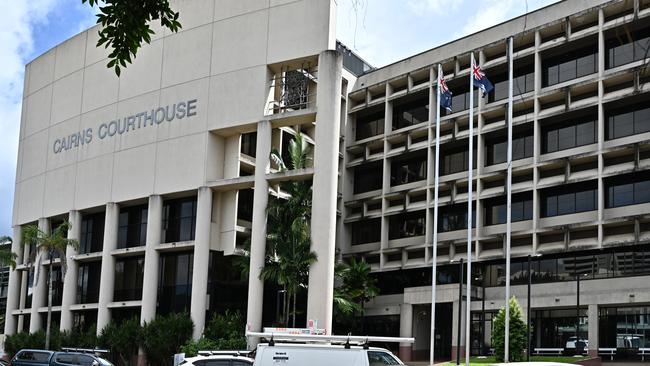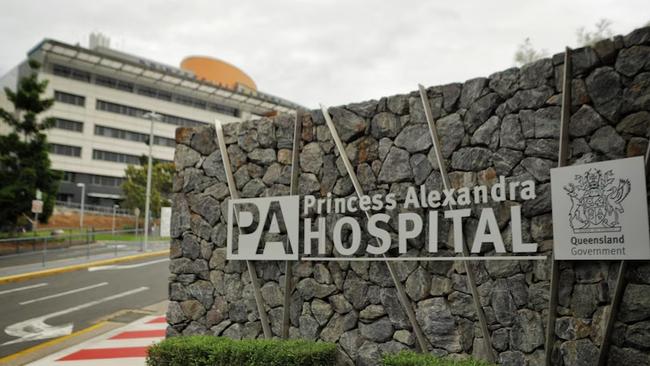Brisbane and Cairns hospitals probed in inquest into sepsis death of Christopher Essery
Mesh from a previous hernia operation had become infected months prior to a man’s death at a Brisbane hospital but “he would not have survived major surgery” for its removal while in Cairns, an inquest has heard.

Cairns
Don't miss out on the headlines from Cairns. Followed categories will be added to My News.
Mesh from a previous hernia operation had become infected months prior to a man’s death at a Brisbane hospital but “he would not have survived major surgery” for its removal while in Cairns, an inquest has heard.
The coronial inquest sitting in Cairns this week is considering whether the care given to
Cairns man Christopher Essery, 74, at the Cairns Hospital and Princess Alexandra Hospital was appropriate.
Mr Essery died on February 20, 2019, from sepsis.
During the inquest Deputy State Coroner Stephanie Gallagher heard from several doctors including Cairns hospital’s director of surgery Dr Roxanne Wu.
The court heard Mr Essery had a complicated medical history “thousands of pages long” and been treated in Cairns hospital for severe Crohn’s disease and infections in his abdomen.
Dr Wu said on July 8, 2018 Mr Essery underwent a CAT scan after he presented with “potentially life threatening” sepsis, which located several large abscesses in his abdomen which were subsequently drained.
The scan also showed mesh from a 2009 hernia operation had become involved in the infection, however this was not taken into consideration at the time of Mr Essery’s treatment in Cairns.

Dr Wu told the court at this time there was no sign of any need to consider the mesh in Mr Essery’s treatment for the Crohn’s complications, which were the primary concern for his health.
Dr Grant Whithey told the court he would expect the infection, despite the involvement of the mesh, to be controlled with drainage and antibiotics.
“The treatment would likely buy time for the patient to recover and be fit enough for surgery,” he said.
Cairns Hospital senior staff specialist surgeon Dr Heng-chin Chiam added Mr Essery was a “high risk patient with multiple comorbidities” and at the time he was “not in a state for major surgery”.
Dr Chiam said he had no reason to consider the presence of the abdominal mesh as the focus was treating the sepsis.
“Trying to remove the mesh would have involved an intrusive surgery with a high risk of morbidity or mortality,” he said.
“Any injury or hole in the bowel would be the end for Mr Essery.
“He would not survive any major surgeries.”
Dr Chiam said Mr Essery continued treatment to try and control the sepsis until the decision was made to transfer to a tertiary facility as the team were “not happy with his progression”.
When asked by the coroner if the treatment for Mr Essery would have changed if the infected mesh had been identified at the time Mr Chiam said: “It would not have changed. He was a very high risk for surgery and to me it did not make a difference.”
The inquest will move to Brisbane and continues on Friday, May 24.
More Coverage
Originally published as Brisbane and Cairns hospitals probed in inquest into sepsis death of Christopher Essery





